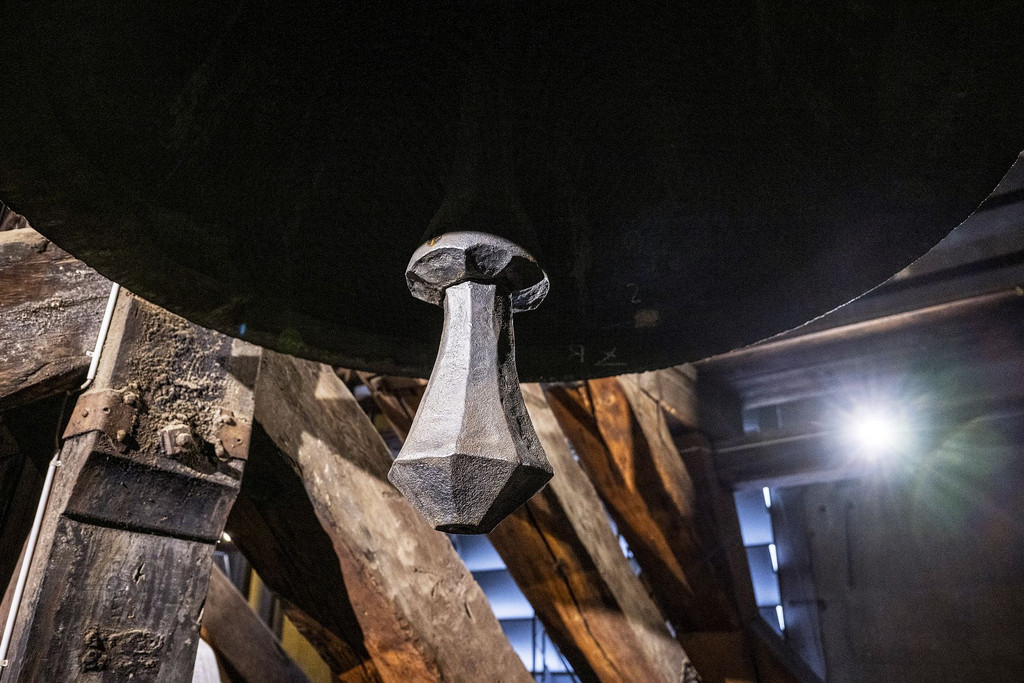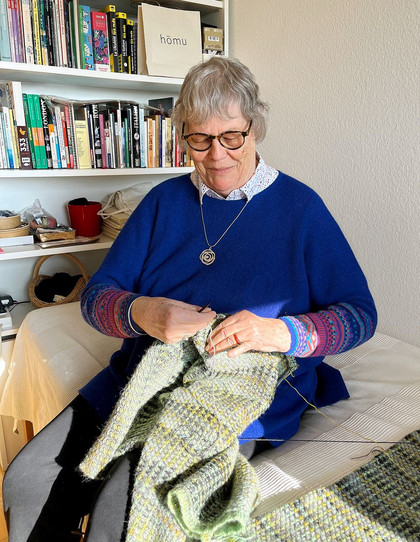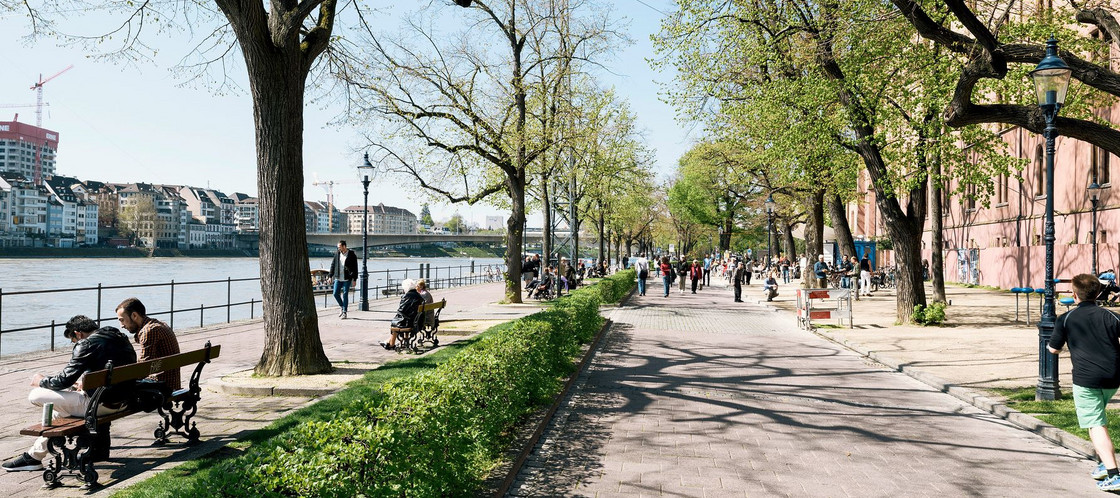Baby-boomer blues
We chat to Gottfried* on the phone. The 60-year-old has two grown-up children. He and his wife have been living apart for the last 10 years or so. Gottfried has a background in culture. Work dried up during Covid-19 for many self-employed people, and he had to readjust. He talks openly about his loneliness and many of his friends and acquaintances being fellow divorcees. Life has become tougher for the baby-boomer generation. Even highly educated people are suddenly having to rely on income support. “People at my age don’t want to be single,” says Gottfried. They don’t want to be alone, but neither do they want to give up their independence or high standard of living. This is a contradiction. “So everyone stays lonely. They think life goes on for forever.” Gottfried would like to meet someone like-minded of the opposite sex and believes it has become harder for men and women to connect. “I no longer have the confidence to catch a woman’s eye, let alone start talking to her.” Ways to meet are few and far between for 60 somethings, though Tinder is one of them. “I know a lot of women who have a profile on Tinder,” he says, “but talking to them about loneliness would be a step too far in real life.” On the whole, Gottfried thinks that his quality of life has deteriorated without a partner. “The two of us could share our problems and talk about them.” He would love to start a new relationship – at an age when you become physically weaker and your parents start to die.
Lots of single women
Around 75 per cent of people on income support in Basel live alone or in care homes, according to the cantonal government. The number of one-person households is increasing including among the younger generation, as families with children forsake the city for somewhere quieter. “The canton is promoting services and infrastructure more tailored to young families,” says Melanie Imhof, a spokeswoman for the cantonal government.
Loneliness not only affects the elderly – a third of all one-person households in Basel-Stadt are aged between 20 and 40.
“Many highly qualified women delay living with a partner,” explains Luca Pattaroni, who is a professor at the Urban Sociology Laboratory of the Swiss Federal Institute of Technology Lausanne (EPFL). The property sector has spotted a gap in the market and started to develop co-living solutions such as one-room apartments in buildings with shared communal spaces. “If you build apartment blocks without anywhere for residents to interact apart from the stairs and lift, it limits social contact even more,” says Thomas Pfluger, who manages a national loneliness prevention scheme called “connect!”. Pattaroni cites the example of cooperatives that have created communal areas in their building. He also mentions the idea of co-living clusters, which are shared dwelling units consisting of private studios and communal areas. “Loneliness can lead to depression,” the professor says. “It is a key factor in our concerns regarding mental health.” Does Basel have more lonely people than anywhere else in Switzerland? Thomas Pfluger: “The people of Basel see themselves as a convivial bunch who value tradition. Take the city’s famous carnival or autumn fair, for example.”
*Name has been changed
















Comments
Comments :
Ein trauriger Bericht. Passt so gar nicht zum Basel aus meiner Erinnerung (1970ger Jahre) als schweizerische Hauptstadt von Humor und vielfacher zwei und mehrfach Geselligkeit.
Ich bin in Basel geboren, kenne Basel seit dem und habe es als eine sehr gut funktionierende Stadt gesehen. Diese Entwicklung, die hier beschrieben wird, ist zwar neu für mich für Basel, aber von anderswo bekannt. Dänemark ist als Land der Vereine bekannt. Es gibt einen Verein für alles - oder es wird von dem „Erfinder“ errichtet. Dies hat den Vorteil, das die Bürger selber aktiv werden und selber diese Vereine definieren. Es geht natürlich hoch und runter durch die Jahrzenten, aber es funktioniert. Die Dänen und die Schweizer sind in vielen Fällen sehr ähnlich und die Basler könnten vielleicht da was gebrauchen.